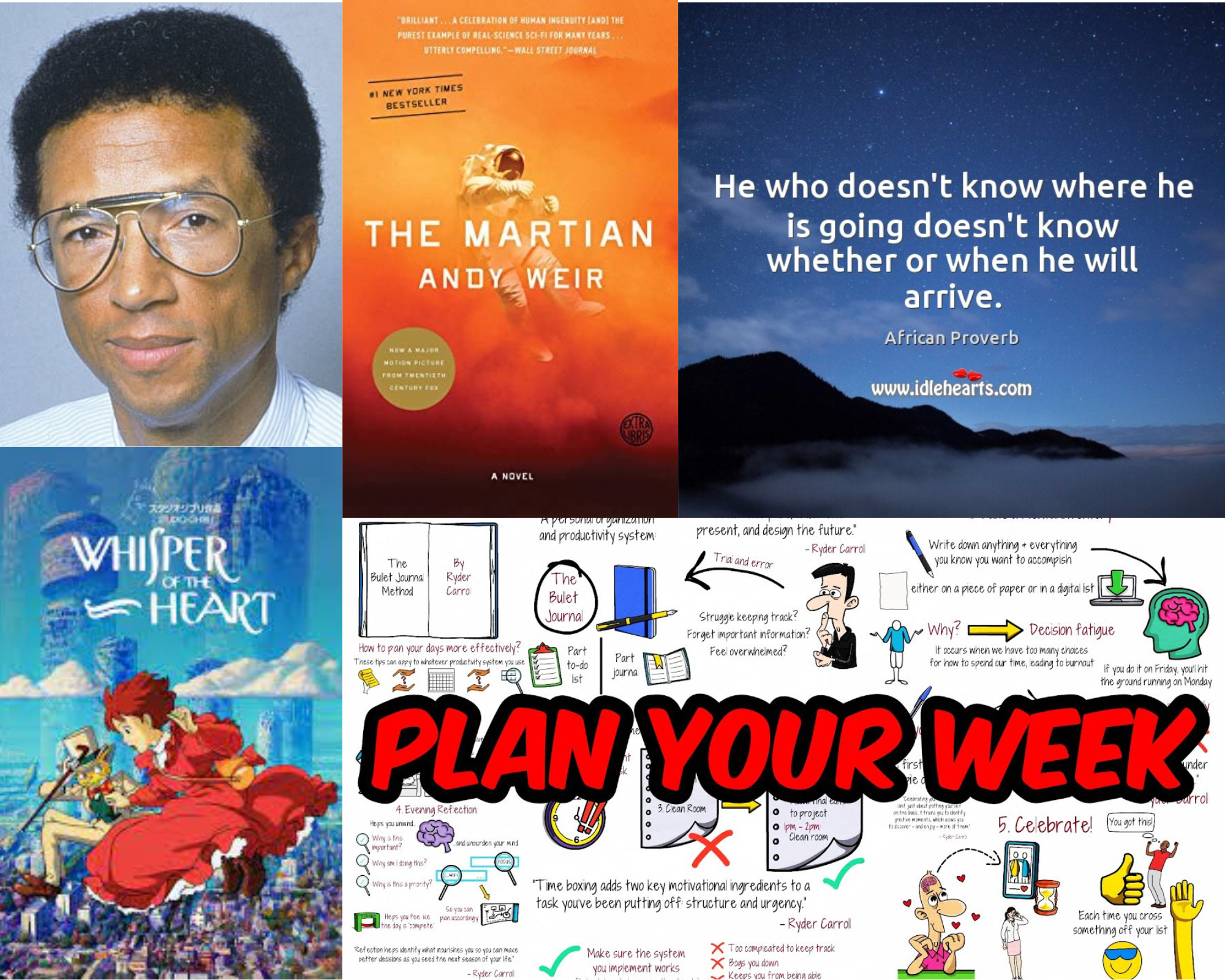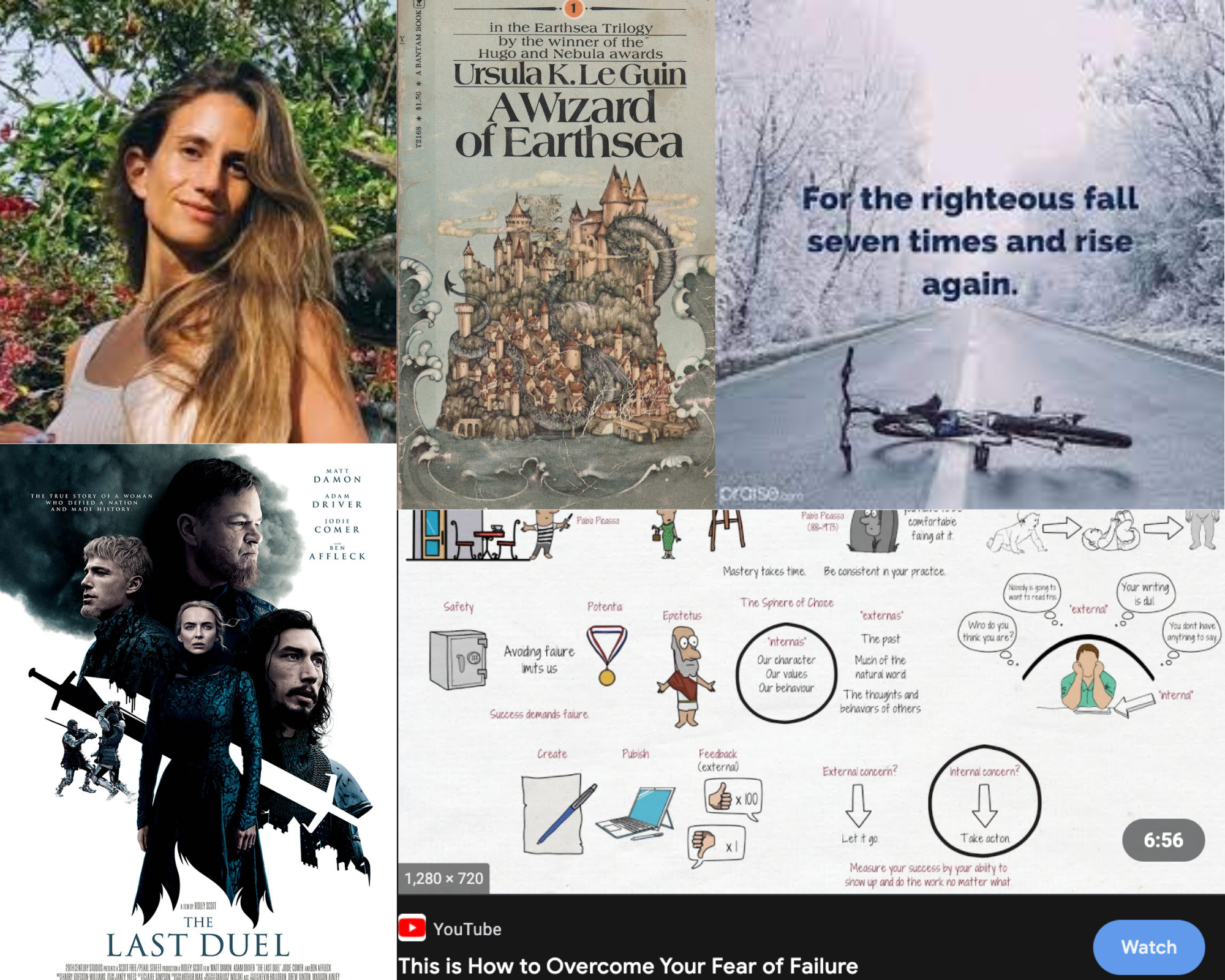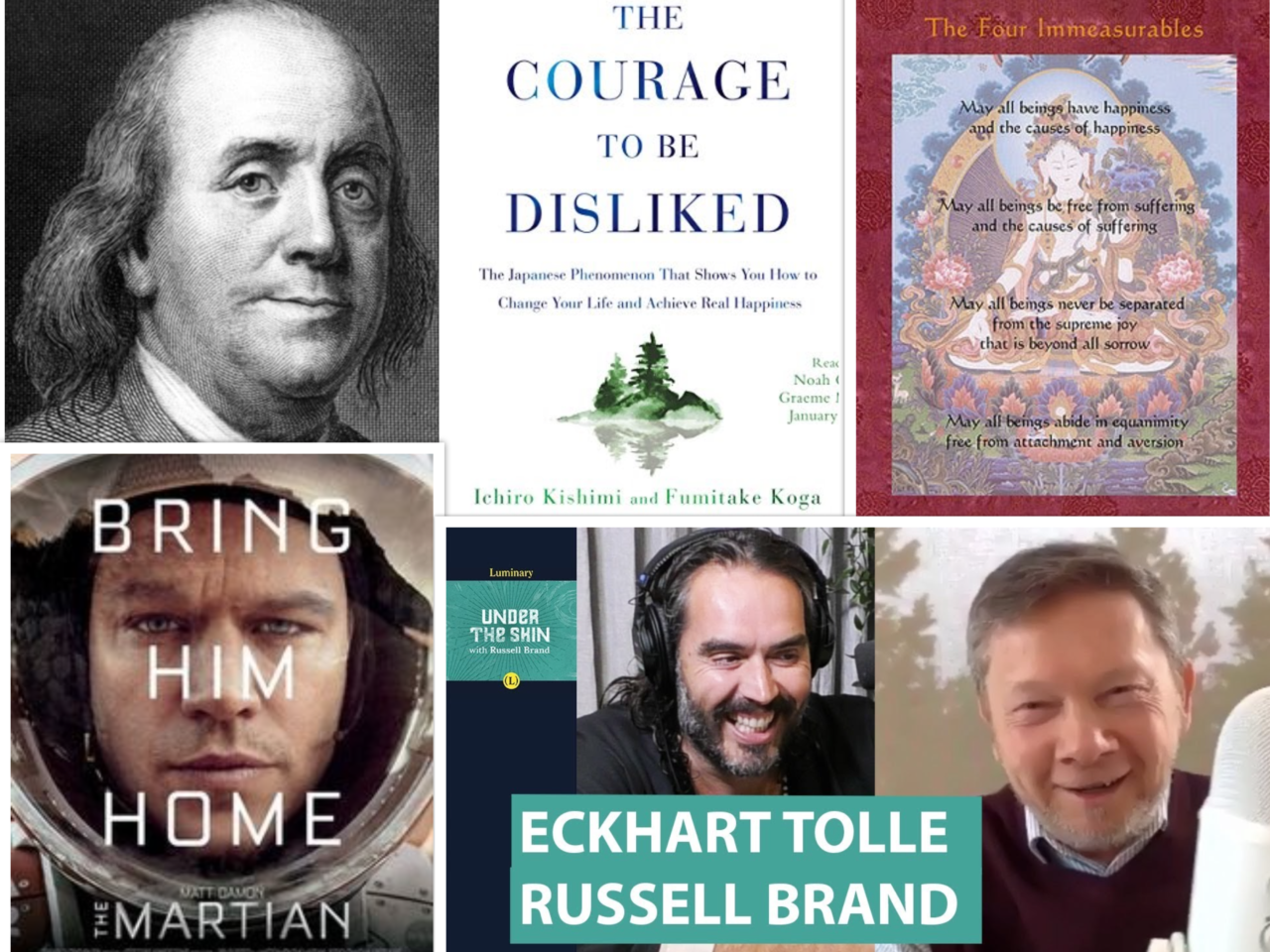Sunday Supplement #90 (January 29th, 2023)
Below is another Sunday Supplement with a quote worth sharing, a book worth reading, a movie worth watching, brainfood worth consuming, and a spiritual passage worth pondering.
I hope you take something away from these recommendations that enriches your week ahead!
Quote of the Week:
“One important key to success is confidence. An important key to self-confidence is preparation.”
-Arthur Ashe
Book of the Week:
The Martian – Andy Weir
Andy Weir’s The Martian is probably most recognizable from the 2015 Ridley Scott movie starring Matt Damon.
The screenplay was adapted from Andy Weir’s bestseller about astronaut Mark Watney being left behind on Mars and his fight for survival using his skills and the supplies left to him.
Weir initially published the book in serial format on his website. He had a small following from his previous self-published stories and comics.
When Weir finished the novel, he listed it on Kindle for $.99. The book’s success and the subsequent film allowed him to pursue writing full-time.
I featured the film version of The Martian in Sunday Supplement #7. If you’re interested, I go into greater detail in the post about the movie and why I love the story.
Movie of the Week:
Studio Ghibli is one of the top animation companies in the movie business. Their films have been continuously recognized by critics and audiences over the years.
While Studio Ghibli’s most famous films often feature a significant setting or background of fantasy, Whisper of the Heart is one of their more grounded films.
The film is based on a manga and follows Shizuku, a young girl who’s an avid reader and wants to be a writer. One day she notices all of her books have been previously taken out by the same boy, and she attempts to find that boy while she navigates her own journey.
There are many lessons from this film, and one of the things I value in Studio Ghibli’s films is that the female characters aren’t solely relying/focused on male counterparts.
I’ve featured Studio Ghibli movies in six previous Sunday Supplement. I highly recommend all their films. Check out the other posts if you want to see more of their catalog.
Brainfood of the Week:
How to Plan Your Week Effectively | The Art of Improvement
In this video, The Art of Improvement breaks down Ryder Carroll’s celebrated book, The Bullet Journal Method.
The principles explained in the video can aid your current planning systems or help you create new ones to maximize how you want to use your days.
An example of one of the tips highlighted in the video is taking a mental inventory of anything and everything you want to accomplish.
This exercise helps combat decision fatigue when we have too many choices of how to spend our time and no organization around what we want to accomplish.
Check out the video if you want to hear the other tips. I’ve also featured The Art of Improvement in previous Sunday Supplements if you want more recommendations.
Closing Spiritual Passage:
“He who doesn’t know where he is going doesn’t know whether or when he will arrive.”
– African Proverb
At first, I thought this proverb was pretty straightforward. Preparing a road map of where you want to go is vital to know if you have arrived.
However, I thought more about the wording of when in the proverb. I thought about how I’ve set goals in the past but haven’t always given myself a timeline for them.
This proverb reminds me of the importance of setting a course and giving yourself a timeline.
That doesn’t mean you have to achieve the goal by that time, but it allows you to check in and see if you need to make any alterations to your plan.
Prepare how you want your life to be, work on those plans, and have a blessed week ahead!
8 Comments


